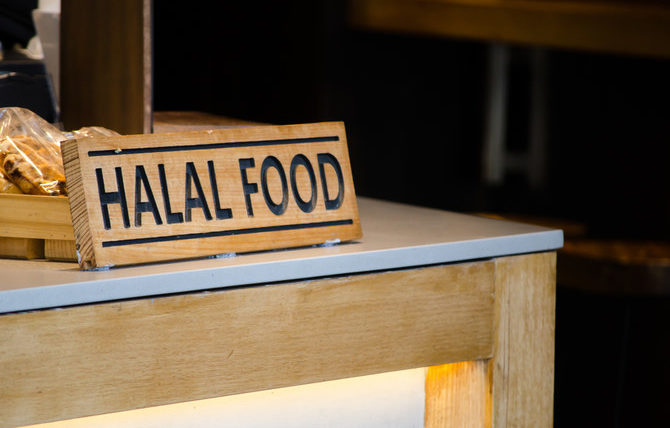
 "
"

 "
"

The Islamic Development Bank (IDB) is focusing on the growth of the halal industry, which is valued at $1.27 trillion in 2021 and projected to reach $1.67 trillion in 2025. The food sector is the largest component of spending on halal food by Muslims, and the development of a sustainable halal industry requires the adoption of enabling ecosystems at the national level, including long-term strategies supporting policies for qualified human capital, the institutional framework for standardization, certification, accreditation, and awareness programs for stakeholders and consumers, as well as the use of new technology to increase efficiency in the halal manufacturing and distribution process and improve visibility and consumer trust.
The global halal market size is projected to be at $5 trillion by 2030, reflecting the need to harness collaborative efforts among halal stakeholders and IsDB member countries in working towards the growth of the global halal economy. HDC and IsDB have taken the task to develop an economic cursory assessment of halal ecosystems to identify the manufacturing and production readiness of IsDB countries to become self-reliant, especially in the production of their own industry, including food, beverages, pharmaceuticals, and personal care.
The IsDB and HPDC signed a memorandum of understanding to promote opportunities in Saudi Arabia’s halal sector and member countries’ halal industries. The objectives include localizing the halal products industry, enhancing regional capabilities, and facilitating global exports of halal products.